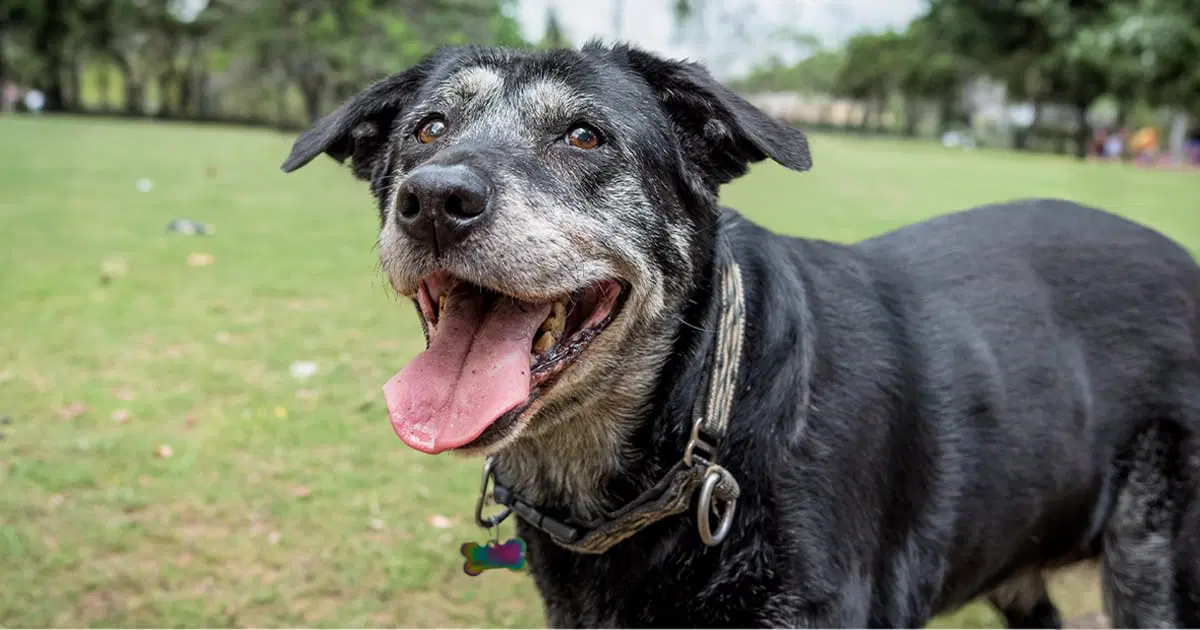As our dogs grow older, their needs change — sometimes in subtle ways, sometimes more noticeably. Just like humans, senior dogs benefit from a bit of extra care, patience, and attention to keep them comfortable, healthy, and happy in their golden years. Whether you’re already sharing life with an older companion or preparing for the years ahead, understanding how to support your dog through this stage is one of the most rewarding parts of pet ownership.

Mobility Matters
As dogs age, it’s common for mobility to decline. Stiff joints, arthritis, or general muscle weakness can make it harder for senior dogs to move around as easily as they once did. You might notice them hesitating on stairs, taking longer to get up after lying down, or being less eager for long walks. To support their comfort, consider providing soft bedding, non-slip rugs, or ramps for getting on and off furniture or into the car. Gentle, regular exercise is still important — short, low-impact walks help maintain strength and joint function without overexertion.
Vet Care & Health Monitoring
Regular veterinary check-ups become even more important in your dog’s senior years. Health issues can develop more quickly at this stage of life, and early detection is key to managing them effectively. Most vets recommend senior wellness exams every six months, which may include blood work, weight monitoring, dental checks, and screening for age-related conditions. Staying on top of vaccinations, parasite control, and dental hygiene also remains essential. Your vet can help you adjust your dog’s care plan as their needs evolve.
Check out our recommended Top 5 Action Plan Below
